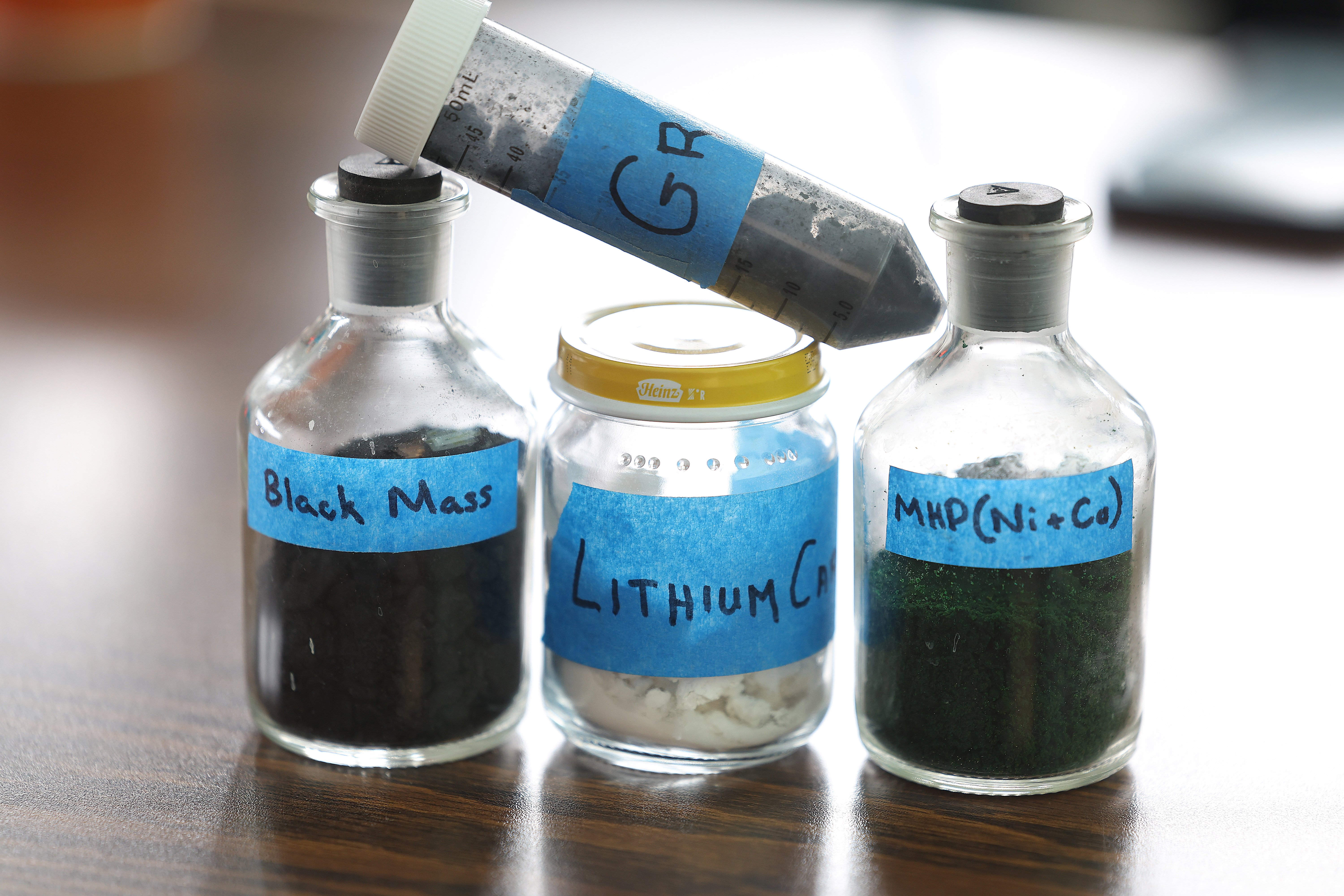Carmakers accused of poor human rights reporting on battery supply chains
BYD, Mitsubishi and Hyundai are the worst offenders, says Amnesty International report
Some high-profile names in the electric vehicle (EV) industry are at risk of human rights abuses as a result of neglecting to properly oversee their mineral supply chains for battery packs, according to a report by Amnesty International.
The report by the not-for-profit international human rights organisation says the car companies in question are not doing enough to address risk in the supply of vital EV battery resources such as cobalt, nickel, copper and lithium.
Amnesty’s findings used criteria based on international standards to assess the human rights due diligence policies and self-reported practices of 13 major EV manufacturers, issuing each one with a scorecard ranked from 0 (the worst) to 90 (the best) as a result.
And not one of the 13 companies involved achieved 68 points, which would have seen Amnesty International rank them as providing “adequate demonstration”.
Mercedes does best, BYD described as ‘dire‘
Mercedes scored the highest with just 51pts (“moderate demonstration”), followed by Tesla (49pts), Stellantis (42pts) and all of the Volkswagen Group, BMW and Ford tied on 41pts.
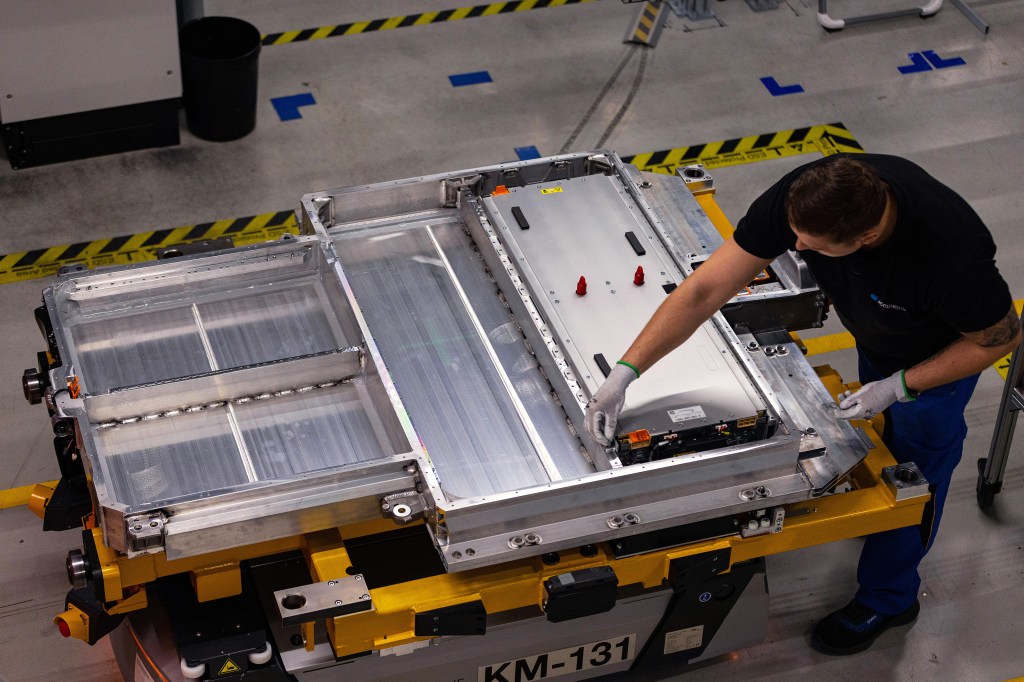
At the other end of the scale, Chinese firm Build Your Dreams (BYD) scored what Amnesty termed as a “dire” 11pts, followed by Japanese firm Mitsubishi with 13pts and then Korean giant Hyundai with an alarming 21pts.
And with both Geely Auto – the company behind a number of European and Scandinavian brands – and Nissan scoring a mere 22pts each, all five of these manufacturers were deemed as showing “no demonstration of alignment” with human rights oversight in supply chains.
Poorer global communities at risk
The report, “Recharge for rights: ranking the human rights due diligence reporting of leading electric vehicle makers”, says that all 13 are not adequately demonstrating how they address human rights risks in their mineral supply chains.
This could potentially leave nearby communities in some of the poorest areas of the world, where the rare-earth minerals for EV batteries are most commonly found, exposed to “exploitation, health risks and environmental harm” – all directly caused by the rapid expansion of the mines required for the prized metals.
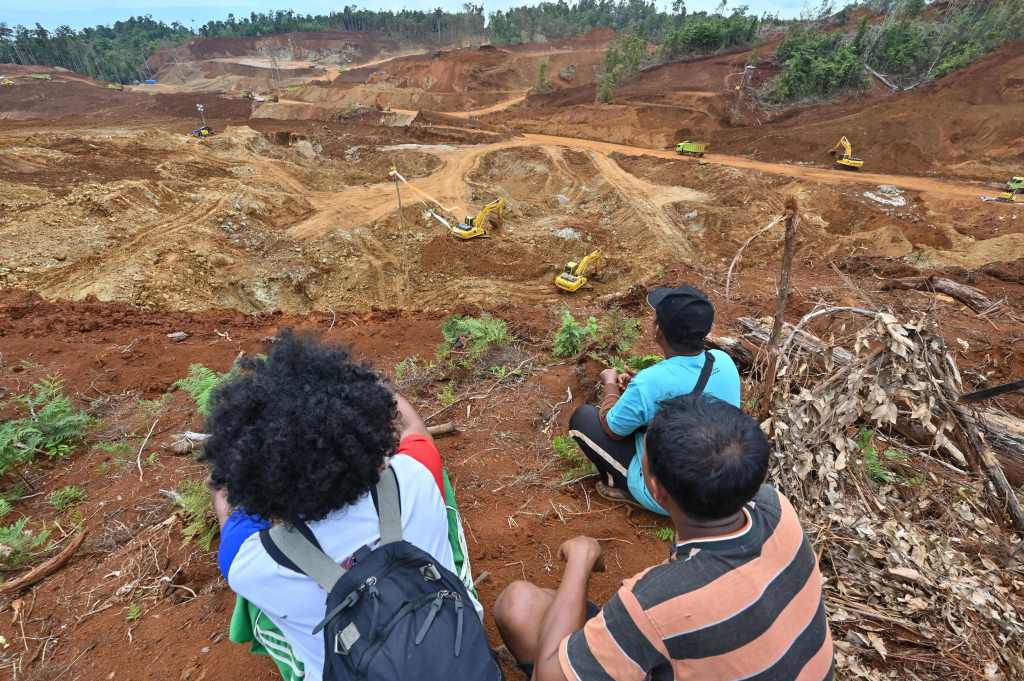
Countries and communities within them which are affected by EV battery-material mining that were cited in Amesty’s report included the Philippines (nickel) and the Democratic Republic of Congo (cobalt and copper).
Agnès Callamard, Amnesty International’s secretary general, said: “The huge rise in demand for the metals needed to make EV batteries is putting immense pressures on mining-affected communities.
“The human rights abuses tied to the extraction of energy transition minerals are alarming and pervasive, and the industry’s response is sorely lacking.
“Communities are suffering from forced evictions, health issues caused by pollution and difficulties accessing water. As demand for EVs increases, manufacturers must ensure people’s human rights are respected.”
Scores were ‘massive disappointment‘
The scorecard of Amnesty’s report assessed each company’s performance on their commitment to human rights policies, risk identification process, supply chain mapping, and reporting and remediation.
It was said that the commitments the EV companies report on are often “vague and provide little evidence of meaningful action”, adding “they have a long way to go to meet international standards”.
Dr. Callamard added: “While some progress was made, across the board, the scores were a massive disappointment.
“BYD, one of the largest and fastest growing electric vehicle companies, ranked at the bottom of our assessment. Its disclosures show a serious lack of transparency on human rights diligence in its battery supply chains.
“Other low-scoring firms, such as Hyundai and Mitsubishi, lack the necessary depth and information about implementation across key human rights due diligence areas.”
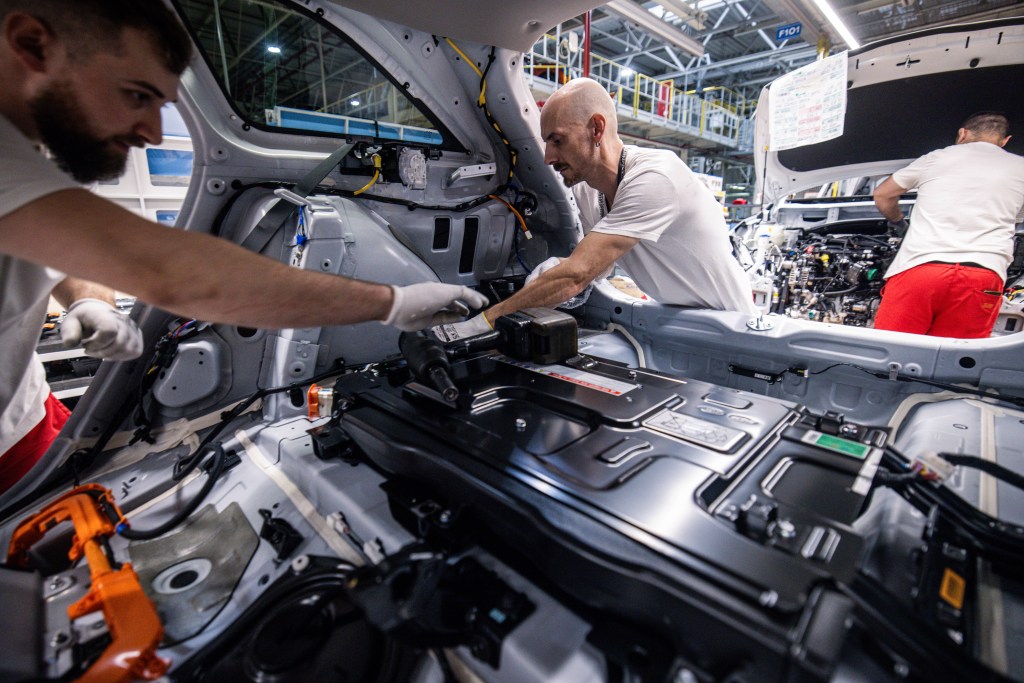
Amnesty’s study did say some companies have stated commitments to human rights, but while they scored higher than some of the manufacturers, they still provided “limited evidence of fully integrating these commitments into their supply chain operations”.
The conclusion was that these manufacturers could be sourcing batteries made with minerals mined in conditions that could harm people’s human rights.
And the report recognised that while a “rapid transition from fossil-fuel powered to electric vehicles” is urgently needed to accelerate decarbonisation and help slow the rate of global temperature rise, it could come with a “hidden cost”.
Manufacturers responses
At the end of the 102-page Amnesty report (available to download as a PDF online), the organisation printed in full the replies of various manufacturers involved, who had been invited to respond to the findings.
Of the 13 assessed, nine responded, with eight of those going into great depth as to how they would address the issues raised in future.
However, the ninth respondent, Geely, simply gave a brief two-line response which read: “Thank you for providing the reassessment report. The key findings are valuable to us, and we will continue to enhance our supply chain management and disclosure transparency.”
The other four companies – BYD, Mitsubishi, Hyundai and Tesla – declined to respond to Amnesty, which is telling given three of them were the lowest scorers.
Leading automotive outlet Autocar attempted to contact the three lowest scorers in the wake of the report, but while BYD and Mitsubishi remained silent, Hyundai did at least respond with a statement, which Driving.co.uk has received in full. The firm told us:
“Hyundai Motor is committed to a sustainable, ethical supply chain that upholds human rights, environmental protection, and safety. Our supply chain compliance program sets out the highest standards, incorporating Hyundai Motor’s ESG due diligence system and Responsible Raw Materials Procurement Policy. Our Supplier Code of Conduct defines our commitment to sustainable practices and expectations on working conditions to minimise community impact.”
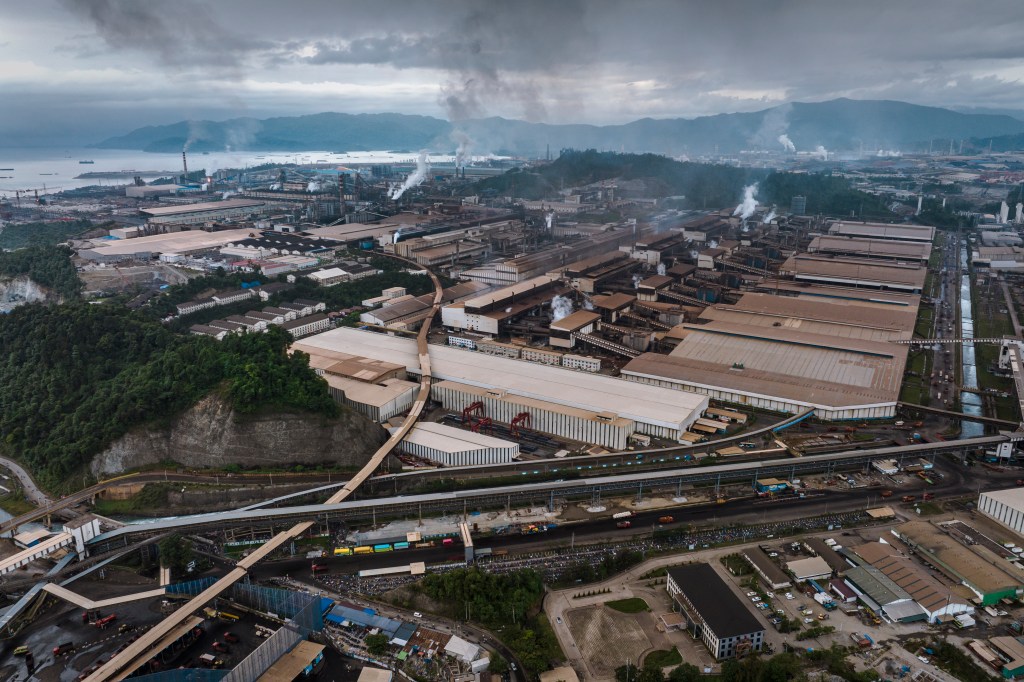
Driving.co.uk was also able to receive a response from Mitsubishi, which no longer sells no cars in the UK but continues to produce vehicles for other markets:
It said: “As stated in our Human Rights Policy, we commit to conducting business activities that respect the human rights of our stakeholders, and we take the recent concerns seriously.
“We understand that the evaluation results are based on disclosures as of 2023, but we have initiated numerous efforts since then, including the following key initiatives, to address these issues promptly.
“Identification and Assessment of Human Rights Risks: With advice from external experts, we are identifying human rights across our value chain, focusing on the most significant risks based on severity and likelihood, and developing measures to prevent and mitigate these risks.
“Ending, Preventing, and Mitigating Negative Impacts (leverage with suppliers): We are using AI to analyse potential connections with suppliers related to conflict minerals and other issues, and based on these analyses, we are considering measures to prevent and mitigate these risks. We recognise the importance of the risks pointed out (human rights risks in the supply chain of raw materials for EV batteries) and are strengthening our efforts to prevent and address these issues. We will continue to disclose information on our initiatives through sustainability reports and other channels.”
Mercedes told us: “Respect for human rights is of fundamental importance to Mercedes-Benz. Mercedes-Benz ranks the best among the evaluated automobile manufacturers. We have been committed to respecting human rights for years, even beyond legal requirements, and we will not relent in our efforts.
“In our sustainable business strategy, we have formulated our goals for respecting human rights. Although not all goals have been achieved yet, we are on a good path and have already implemented many measures.”
BMW pointed us to its detailed response to Amnesty International (pages 81-83), adding: “As a pioneer in environmental and social standards, the BMW Group sets high standards for all suppliers worldwide when awarding contracts.”
At the time of publishing, BYD, Geely, Nissan, Ford, Volkswagen Group, Stellantis and Tesla had not responded to our request for a response.
Main image: Steve Russell/Toronto Star via Getty Images
Latest articles
- Porsche 911 Carrera S 2025 review: Harder, better and faster – but is it the best 911?
- F1 2025 calendar and race reports: The new Formula One season as it happens
- Seven great automotive events to visit this summer, from F1 to art and champagne
- Watch new Porsche 911 GT3 smash Nürburgring record for manual cars
- Skoda Elroq 2025 review: Czech carmaker can’t seem to miss with its electric family cars
- Five best electric cars to buy in 2025
- Should I buy a diesel car in 2025?
- Zeekr 7X AWD 2025 review: A fast, spacious and high tech premium SUV — but someone call the chassis chief
- Denza Z9GT 2025 review: Flawed but sleek 1,062bhp shooting brake from BYD’s luxury arm


